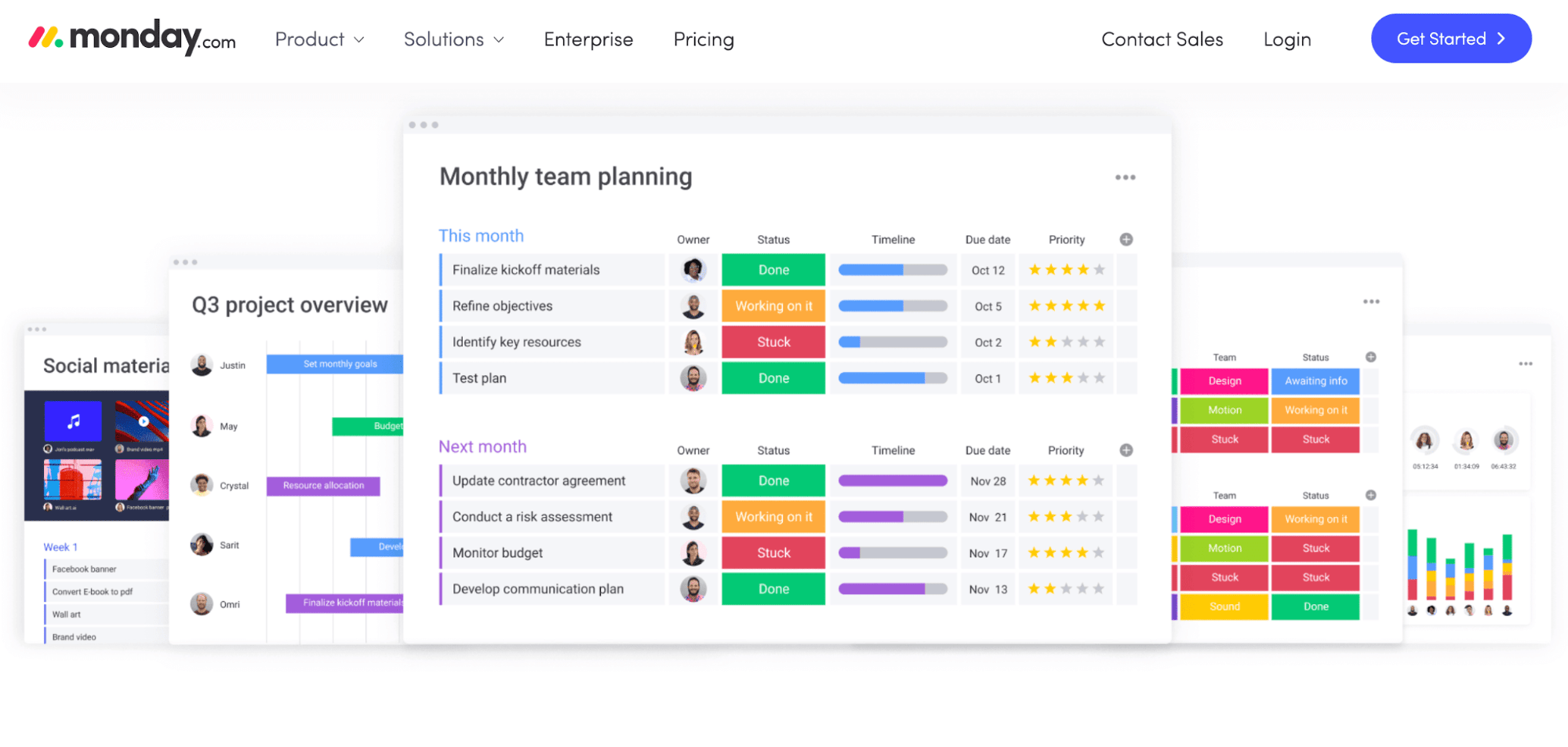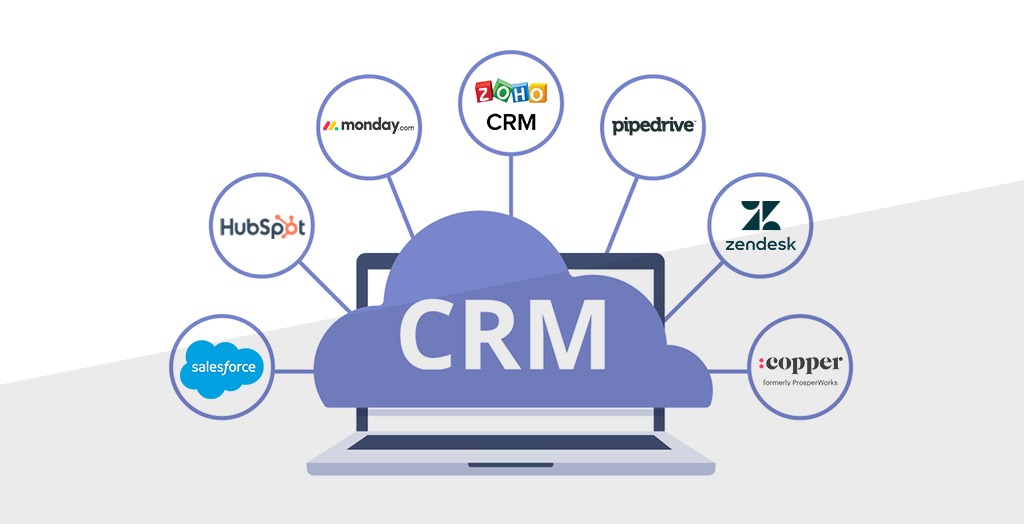Understanding Your Insurance Needs
When finding the right insurance coverage, understanding your needs is crucial. A broker can help you navigate the insurance market and find policies that align with your unique requirements.
Firstly, a broker will take the time to assess your circumstances and identify the risks you may face. Whether you are looking for auto, home, or business insurance, a broker can analyze your situation and determine the appropriate level of coverage needed.
Additionally, a broker can explain the intricate details of different insurance policies, ensuring you fully comprehend the terms and conditions before deciding. They can guide you through the complexities of insurance jargon and help you understand the extent of the coverage you purchase.
Furthermore, a broker will compare various insurance options from different providers on your behalf. They have access to a wide range of insurance products and can provide multiple quotes, enabling you to make an informed choice. This saves you time and effort in searching for insurance deals.
Lastly, as your needs change over time, a broker can guide you in adjusting your insurance coverage accordingly. Whether you have experienced a significant life event or your business has grown, a broker will help ensure that your coverage remains adequate to protect your interests.
Researching Potential Insurance Brokers
When navigating the insurance market, it is crucial to conduct thorough research to find the right broker for your needs. Here are some steps to help you evaluate potential brokers efficiently:
- Identify your specific requirements: Clearly define your insurance needs and objectives before beginning your search. This will help narrow the field and find brokers with expertise in the required areas.
- Ask for recommendations: Seek recommendations from trustworthy sources, such as friends, family, or business associates who have had positive experiences with insurance brokers. Their insights can provide valuable guidance and reduce the time spent on research.
- Evaluate their experience and expertise: Look for brokers with a solid track record and extensive experience in the insurance industry. Consider their expertise in handling insurance policies relevant to your needs, such as health insurance, property insurance, or liability insurance.
- Check their credentials and licenses: Ensure the potential brokers you consider are properly licensed and registered with the appropriate regulatory bodies. This guarantees that they adhere to industry regulations and standards.
- Review their reputation: Research the reputation of the brokers you are considering by checking online reviews, testimonials, and ratings. This will give you insights into their professionalism, customer service, and overall satisfaction levels of their clients.
- Assess their communication and responsiveness: Communication is vital when working with an insurance broker. During your initial interactions, ascertain their responsiveness, willingness to address your concerns, and ability to explain complex insurance terms clearly and understandably.
- Compare quotes and fees: Request quotes from multiple brokers and compare them to ensure you receive competitive pricing. Take into account the range of services offered and the associated costs. However, it is important to prioritize value and expertise over choosing solely based on the lowest price.
By thoroughly researching potential insurance brokers, you can make an informed decision and select a broker who will best meet your insurance needs. Consider expertise, reputation, and professionalism to ensure a successful partnership.
Evaluating Broker Credentials and Reputation
When selecting an insurance broker, evaluating their credentials and reputation is crucial. This will help ensure that you are working with a trusted and knowledgeable professional who can effectively navigate the insurance market on your behalf.
Here are some key factors to consider when evaluating broker credentials and reputation:
- Licenses and certifications: Check if the broker holds the licenses and certifications required by regulatory bodies. This indicates they have met the minimum professional standards and are legally authorized to provide insurance services.
- Experience and expertise: A broker’s years of experience and knowledge in the insurance industry can greatly influence their ability to understand your unique needs and find the most suitable policies. Look for brokers with specialized expertise in the specific type of insurance you require.
- Client referrals and reviews: Reach out to the broker’s previous clients to gauge their satisfaction level and overall experience. Online platforms and review websites can also provide valuable insights into a broker’s reputation. Positive reviews and recommendations from trusted sources are indicators of a reliable broker.
- Professional affiliations: Brokers who are members of reputable professional organizations or industry associations often adhere to high ethical and professional standards. These affiliations demonstrate a commitment to ongoing education and staying updated on industry trends and regulations.
- Transparency and communication: A trustworthy broker will be transparent about their fees, commissions, and the insurance products they recommend. They should effectively communicate the advantages and disadvantages of different policies, enabling you to make well-informed decisions.
By thoroughly evaluating a broker’s credentials and reputation, you can feel confident in choosing a professional who will act in your best interests and provide the guidance you need in the complex insurance market.
Assessing Broker Experience with Your Specific Needs
When selecting an insurance broker, assessing their experience with your specific needs is crucial. You want to work with someone who understands the intricacies of your industry and can provide tailored solutions.
Consider the following factors when evaluating a broker’s experience:
- Industry knowledge: Look for a broker who deeply understands your specific industry. They should be familiar with the unique risks, regulations, and challenges you face. This expertise will enable them to source your business’s most suitable insurance options.
- Client portfolio: Evaluate the broker’s track record by reviewing their client portfolio. Look for clients that are similar in size and scope to your business. This indicates that the broker has experience working within your industry and can effectively meet your needs.
- References: Request references from past or current clients. Contact these references and ask about their experience working with the broker. Were they satisfied with the level of service and the insurance solutions provided? This feedback will give you valuable insights into the broker’s capabilities.
- Specializations: Some brokers specialize in specific areas such as property insurance, liability insurance, or employee benefits. Determine whether the broker’s expertise aligns with your insurance requirements. A specialist broker will have in-depth knowledge of the coverage options available and can provide tailored advice.
- Affiliations and certifications: Look for brokers affiliated with reputable insurance organizations or holding relevant certifications. This demonstrates their commitment to staying updated on industry trends and best practices. Additionally, affiliations provide access to a wider network of insurance carriers and resources.
By carefully evaluating a broker’s experience, you can ensure that they can meet your specific insurance needs. Working with an experienced broker will provide you with the expertise and guidance necessary to navigate the insurance market effectively. Comparing Broker Services and Offerings
When navigating the insurance market, comparing broker services and offerings is essential to find the right fit for your needs. Here are some key points to consider when evaluating different brokers:
- Expertise and Knowledge: Look for brokers with extensive experience and knowledge in the insurance industry. A reputable broker should have a deep understanding of various insurance products and be able to provide sound advice tailored to your circumstances.
- Range of Products: Consider the range of insurance products different brokers offer. Ensure that your broker can provide a wide selection of policies from other insurance companies. This will give you more options and increase your chances of finding the most suitable coverage for your requirements.
- Customization Options: Determine whether brokers can customize insurance plans to meet your needs. Whether it’s adjusting coverage limits, adding additional riders, or tailoring policies for unique situations, the ability to customize ensures you receive comprehensive coverage that aligns with your requirements.
- Claims Assistance: Look for brokers who provide dedicated support during the claims process. A reliable broker will assist you in navigating the claims process, advocating on your behalf with the insurance company, and ensuring a smooth and fair resolution.
- Competitive Pricing: While it is important to consider costs, do not make price the sole determinant in your decision-making process. Instead, focus on the overall value provided by the broker. A broker offering competitive pricing, excellent service, and coverage options will often be the best choice.
- Customer Service: Assess the level of customer service offered by different brokers. Do they promptly respond to inquiries? Are they easily accessible? A good broker should provide exceptional customer service, including clear communication and a willingness to address any concerns or questions you may have.
- Recommendations and Reviews: Seek out recommendations and read reviews from other clients or industry professionals. This will give you insights into the broker’s reputation and the experiences of other policyholders. Consider both positive and negative feedback to make an informed decision.
Choosing the right broker is essential in navigating the complex insurance market. By comparing broker services and offerings, you can find a trusted partner to help you secure the best insurance coverage for your unique needs.
Assessing Broker Communication and Accessibility
When selecting an insurance broker, it is essential to assess their communication skills and accessibility. An effective broker should be able to communicate clearly and promptly, ensuring that clients fully understand their insurance options and policy terms. They should be accessible and responsive, readily available to address any questions or concerns that clients may have.
Here are a few factors to consider when assessing a broker’s communication and accessibility:
- Responsiveness: A good broker should be responsive to clients’ inquiries and provide timely updates. They should promptly return calls and emails, demonstrating their commitment to excellent customer service.
- Clear and concise communication: An effective broker can explain complex insurance terms and policies in simple and understandable language. They should avoid jargon and ensure clients are fully informed about their coverage.
- Availability: Accessibility is crucial when working with an insurance broker. They should be easily reachable during business hours and willing to schedule meetings or phone calls to discuss insurance needs and provide guidance.
- Proactive updates: A proactive broker will keep clients informed about any changes in their policies or the insurance market that may affect coverage or premiums. They should also provide ongoing support and recommend adjustments to insurance plans as needed.
- Technological capabilities: In today’s digital age, a broker’s ability to utilize technology effectively can enhance communication and accessibility. Brokers who offer online portals or mobile apps for managing policies and claims can provide added convenience for clients.
By evaluating a broker’s communication skills, responsiveness, accessibility, and technological capabilities, individuals can ensure they choose a professional who will provide the necessary guidance and support in navigating the insurance market.
Understanding Broker Fees and Commissions
When working with an insurance broker, it is important to understand how broker fees and commissions work. Insurance brokers typically receive compensation through fees or commissions from insurance companies for the policies they sell.
Broker fees are charges that insurance brokers may impose for their services. These fees can vary depending on the broker and the specific services provided. Some brokers charge a flat fee for their services, while others may charge a percentage of the total insurance premium. Discussing and negotiating broker fees upfront is essential to ensure transparency and avoid surprises.
On the other hand, commissions are payments that insurance brokers receive from insurance companies for selling their policies. These commissions are typically a percentage of the premium paid by the policyholder. It is important to note that the commission paid to the broker does not affect the premium paid by the policyholder; it is part of the insurance company’s marketing expenses.
Insurance brokers have a fiduciary duty to act in their client’s best interests and provide suitable coverage. However, policyholders must understand the financial arrangements between the broker and the insurance company to ensure no conflicts of interest may influence the broker’s recommendations.
Policyholders should also know that broker fees and commissions can vary widely between insurance companies and products. Therefore, comparing quotes from multiple brokers and insurers is advisable to find the best coverage at the most competitive price.
In conclusion, understanding broker fees and commissions is essential when working with an insurance broker. By being aware of these financial arrangements, policyholders can make informed decisions and ensure they get the best value for their insurance needs.
Remember, checking for licenses and certifications is essential when choosing an insurance broker. It helps to protect your interests and ensures you are working with a qualified professional who can guide you through the insurance market effectively.
Seeking Client References and Testimonials
When selecting an insurance broker, gathering feedback from past clients is important to ensure their satisfaction with the services provided. Seeking client references and testimonials can give you valuable insights into the broker’s expertise, professionalism, and ability to meet clients’ needs.
One way to obtain client references is by asking the broker directly. A reputable broker will gladly provide you with contact information for some current or previous clients. You can then contact these clients and inquire about their experiences working with the broker. Questions you may consider asking include:
- How long have you been a client of the broker?
- Are you satisfied with the insurance policies the broker has recommended for your specific needs?
- Has the broker been responsive and attentive when addressing your concerns or questions?
- Would you recommend this broker to others?
You can also look for testimonials on the broker’s website or online review platforms. These testimonials can give you an overview of what clients have said about their experiences. Remember that testimonials on the broker’s website may be curated and not reflect the full range of client experiences. Therefore, cross-reference these testimonials with reviews on third-party websites or social media platforms.
By seeking client references and testimonials, you can gain a better understanding of the broker’s track record and determine if they are the right fit for your insurance needs. This information can provide you with confidence and peace of mind as you navigate the insurance market with the help of a broker.
Making the Final Decision
Once you have received all the information and options from your insurance broker, it is time to decide. This can be challenging as you weigh all the different factors and consider each policy’s potential risks and benefits.
To help simplify the decision-making process:
- Begin by carefully reviewing each policy option.
- Compare the coverage limits, deductibles, premiums, and any additional features or benefits that may be included.
- Consider how well each policy aligns with your insurance needs and financial situation.
Reaching out to your broker again at this stage may also be helpful. They can provide further clarification or address any lingering concerns you may have. Don’t hesitate to ask for additional information or request quote adjustments.
When weighing your options, consider the reputation and financial stability of the insurance companies offering the policies. Look for ratings and reviews to gauge their track record regarding customer satisfaction and claims handling.
Ultimately, the final decision should be based on a combination of factors, including coverage, cost, reputation, and your specific needs and preferences. Once you have made your choice, notify your broker so they can proceed with the necessary paperwork and finalize the policy.
Remember that insurance is an ongoing commitment, and it is important to review your coverage periodically to ensure it meets your needs. Your insurance broker can assist you with future evaluations and adjustments to your policy as your circumstances evolve.










